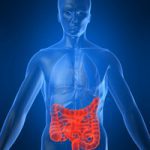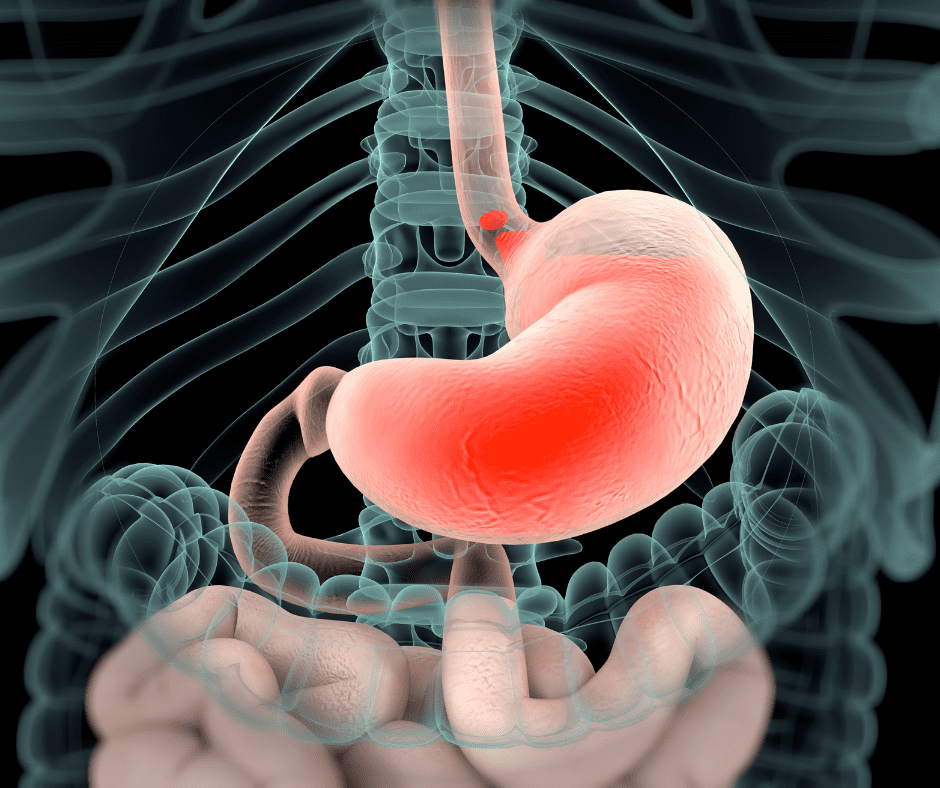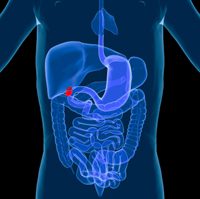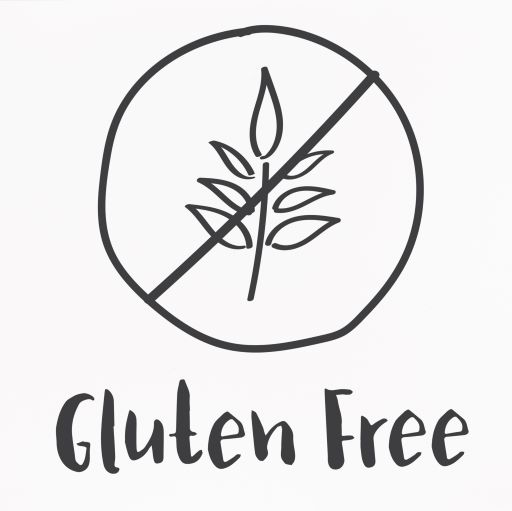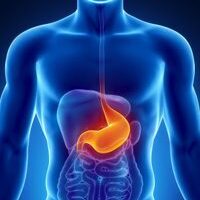
Irritable Bowel Syndrome (IBS) and Constipation
Is IBS making your life a misery? A diagnosis of IBS often means that the medical tests have failed to find any cause for the diarrhoea, constipation, bloating, abdominal pain or excessive flatulence that a patient is suffering.
If you have a diagnosis of IBS here are some possible factors to consider:
- Are you stressed?
- Are you dehydrated?
- Do you have enough micronutrients?
Colitis and Crohn’s
In IBD the body’s immune system actually attacks itself (it is an auto-immune condition) and the causes are many. Inflammatory bowel disease is rare in cultures where people eat a natural wholefood diet. We also know that there is a higher incidence of IBD in people who eat low fibre diets, smoke, eat fast foods or eat a lot of sugar. A study published in the Americal Journal of Gastroenterology found that low consumption of essential fatty acids, vegetables and fruits were associated with risk for Crohn’s disease.
Gallstones
If you have gallstones you may want to consider some of these possible factors:
Do you exercise enough? Lack of exercise has been implicated as a risk factor in developing gallstones.
Are you a coffee lover? Coffee may trigger an attack if you have gallstones. This is because it increases levels of CCK, a hormone that causes the gallbladder to contract.
Do you eat often enough? Fasting for more than 14 hours (eg. not eating breakfast) could increase the risk of trouble from gallstones
Coeliac Disease and Non-Coeliac Gluten Sensitivity
It used to be thought that coeliac disease was primarily a disease of the small intestine. It is in fact a life-long auto-immune condition where the body attacks its own tissues if it is exposed to gliadin gluten. Joint tissue, bones, your thyroid and even your brain can be affected. Gliadin is the form of gluten found in wheat, rye, barley, spelt, triticale (and oats contaminated with any of these).
When a biopsy shows severe damage (villous atrophy) the lining of your small intestine this confirms a medical diagnosis of coeliac disease. It often takes 40 or 50 years for this almost total destruction of the lining of the gut to take place. Until the destruction is complete, a medical diagnosis of coeliac disease will never be made.
Gastritis and Ulcers
[Both ulcers and gastritis involve destruction of the mucus layer that protects your stomach. The mucous layer is there to shield you from the hydrochloric acid the stomach produces to digest your food. If something happens to damage this mucous layer, or if is unable to replenish itself, the acid burns through to the stomach lining, causing a wound (ulcer) or inflammation of the stomach lining (gastritis).
Fasting for more than 14 hours (eg. not eating breakfast) could increase the risk of trouble from gallstones
Food Sensitivities
Do you suspect that certain foods don’t agree with you? Do you think you might have a food allergy or intolerance?
Both food allergy and intolerance are where the body’s immune system reacts inappropriately to a food. Instead of tolerating the food as something harmless, it mounts an immune “attack”, generating antibodies to the food in the process. Allergies are to do with a type of antibody called IgE antibodies and generally provoke an almost immediate reaction. Intolerances are controlled by IgG antibodies and symptoms can be triggered from several minutes after to 48 hours after exposure to the food. This makes them more difficult to spot.
It is quite common for people to react badly to certain foods not because they have in intolerance but simply because their digestive system is not working efficiently. However, having an under-functioning digestive system can cause food intolerances
Indigestion & Reflux
Do you suffer from acid reflux (“gastric reflux”) or indigestion?
Your stomach makes acid in order to digest food and your oesophageal sphincter prevents this acid from coming upwards to the oesophagus. If the sphincter doesn’t do its job properly then the acid can spill upwards and cause burping, regurgitation, and a burning feeling above the stomach (“heartburn”). Difficulty swallowing and narrowing of the oesophagus can result if this acid reflux becomes chronic.
Hiatus hernia, where a section of the stomach becomes trapped where it doesn’t belong (protruding through the diaphragm) can also be a cause of heartburn or indigestion.

